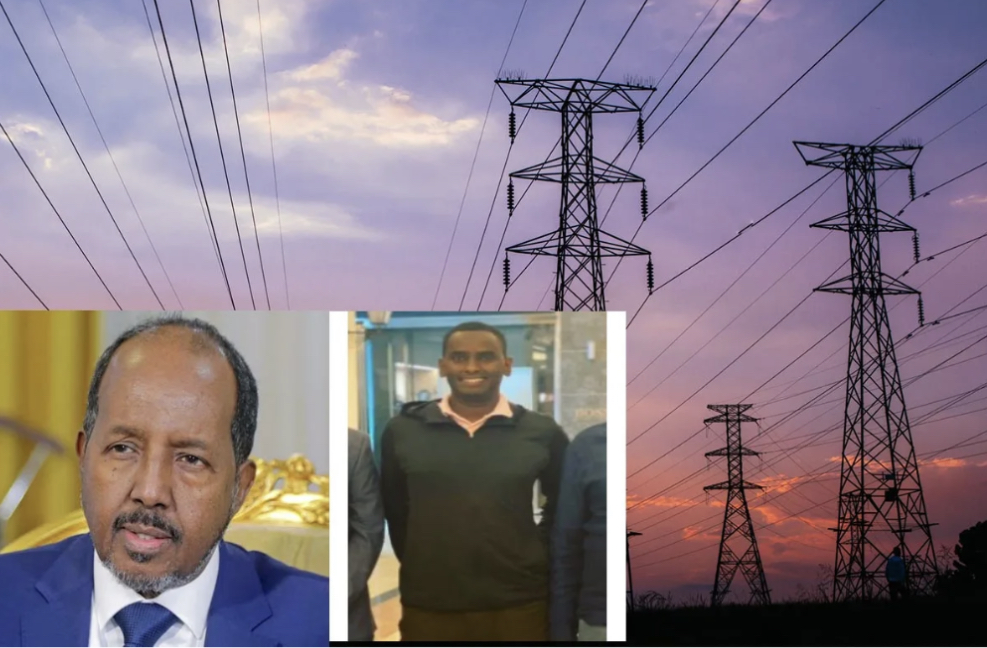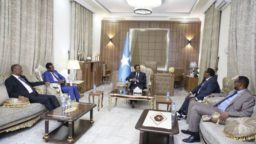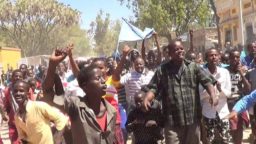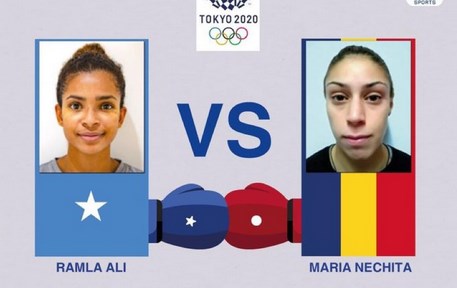It is public knowledge in Somalia that President Hassan Sheikh Mohamud has already racked up a catalogue of unscrupulous activities in his less-than-year-old administration. Most of these corrupt practices are mainly in the control of the government, such as the leasing of prime public property to associates, shady nepotism aviation-related awards, and logistic and rations contracts – not a day goes by in Mogadishu’s coffee shops without someone detailing the latest exploit by the family and cronies of the President..
One significantly poignant case involves one of the World Bank’s major projects in Somalia, One of the most attractive projects was the World Bank’s soon-to-be-approved Somalia Electricity Recovery Project, worth US$150m. A close clansman who contributed to the campaign had been identified, but the problem was that there was already someone who had been competitively recruited, Abdisalam Mohamud, the then Project Coordinator.
World Bank programs have been the center of the reconstruction efforts of Somalia. The Bank’s development projects are typically managed through transparency and rigorous fiduciary oversight. In contrast to these norms, President Hassan Sheikh has been aggressively trying, and succeeding in some cases, to install his clansmen as the head of all development projects in pursuit of short-economical gains. It is essential to understand how the World Bank is being lax on its standards at the risk of its reputation, and the impact of these projects.
The most concerning issue is the complicity of the World Bank in the president’s efforts to install his closest clansmen in critical positions, as evidenced by the controversial proposal of Adam Abdulle Omar to head the World Bank’s Somalia Electricity Recovery Project. This raises serious questions about the World Bank’s standards and the efficacy of its fiduciary oversight.




